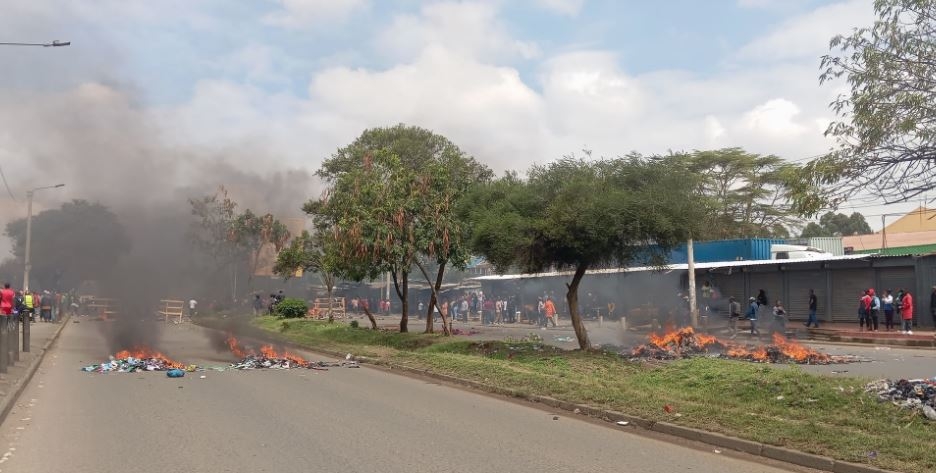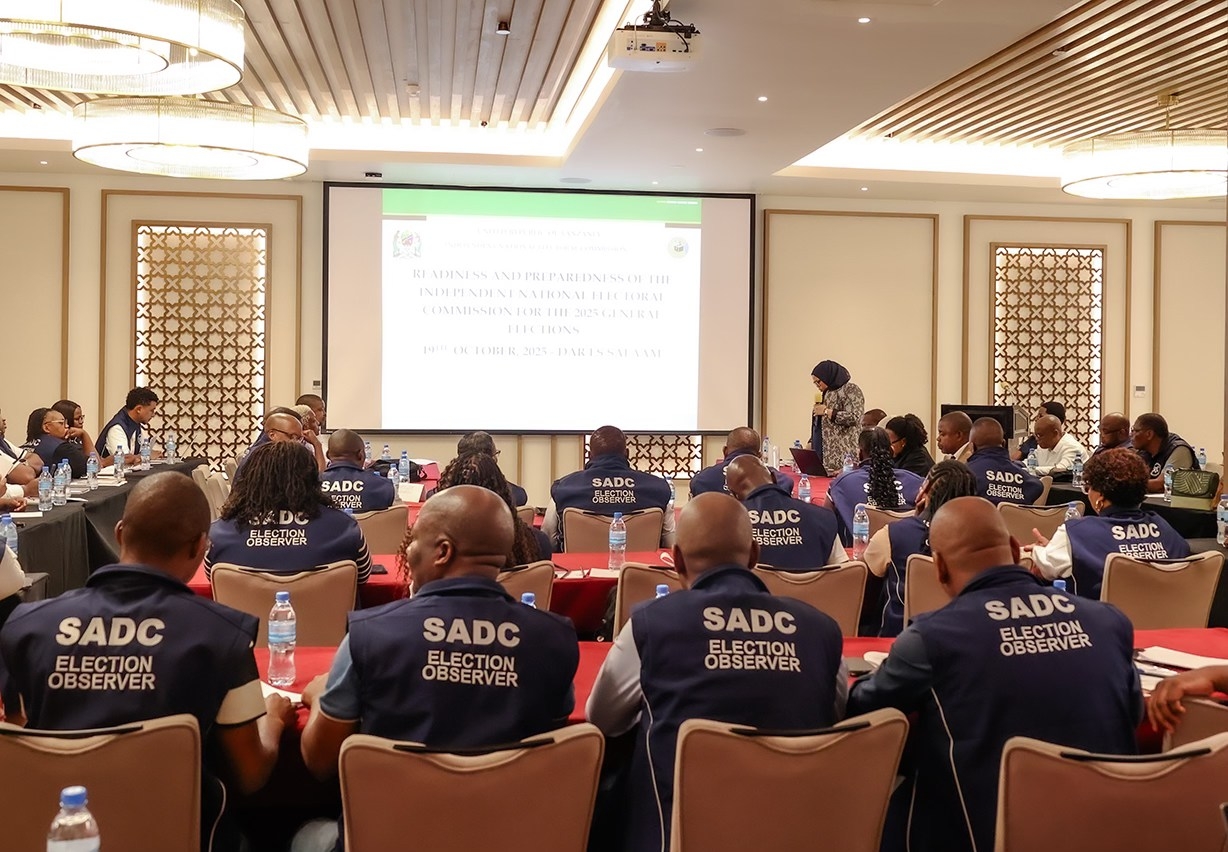Scientists have raised concerns that maize farmers risk losses due to aflatoxin contamination.
A scientist from the Kenya Agricultural and Livestock Research Organisation on Tuesday said the risk is high if farmers do not dry and store their maize properly.
“You cannot see aflatoxin with your naked eye, and the only way we can manage aflatoxin is by making sure we select the damaged maize,” Dr James Karanja said.
“I urge farmers to ensure the maize is properly dried before it is consumed or for those who can afford, to ensure it is analysed and free from aflatoxin.”
He spoke during an agricultural biotechnology awareness meeting with biotech experts and the Kenya Editors Guild.
Aflatoxin is poison produced by a fungus that resides in the soil and infects crops in the field, with the most susceptible crops being maize and groundnuts.
The warning come as the maize harvesting season is underway.
Dr Karanja, a maize breeder from Kalro, urged the county and national government to support maize farmers with storage and drying facilities to avoid aflatoxin and also reduce post-harvest losses.
He said the ongoing rains in parts of the maize-growing areas may affect the drying of maize after harvest.
Maize that is fit for human consumption and for animal feeds manufacturing should have a moisture content of 13 to 13.5 per cent.
In February, scientists from Kalro reported incidents of aflatoxin contamination in Trans Nzoia and Bungoma counties. This was attributed to climate change and the rising temperatures.
Kenya is one of the world’s hotspot areas of aflatoxin contamination. Data from the Ministry of Health shows that close to 200 people have died due to consumption of aflatoxin contaminated food from 2004-10.
Kalro says hotspots of aflatoxin are in the semi-arid areas and anywhere where the temperature is above 25 degrees Celsius.
They have mapped out these hotspots, which include Meru, Tharaka Nithi, Embu, Machakos, Kitui, Makueni, Kilifi, Kwale, Taita Taveta and Kajiado.
Kalro in collaboration with developing partners have developed Aflasafe KE01, a biological control agent that suppresses aflatoxin-producing fungi in the soil.
A 2kg bag of aflasafe is retailing at Sh400.
Charles Macharia, general manager of the Koppert Biological Systems, which has been helping in distributing the aflasafe to farmers, said they have trained more than 50,000 farmers since 2020 on adoption and usage.
“We used to use agro dealers as distribution channels,” he said.
“But over time, we have found that it is easier to work with structured value chain players, such as sorghum and groundnuts processors who have been influencing their farmers to adopt aflasafe.”












